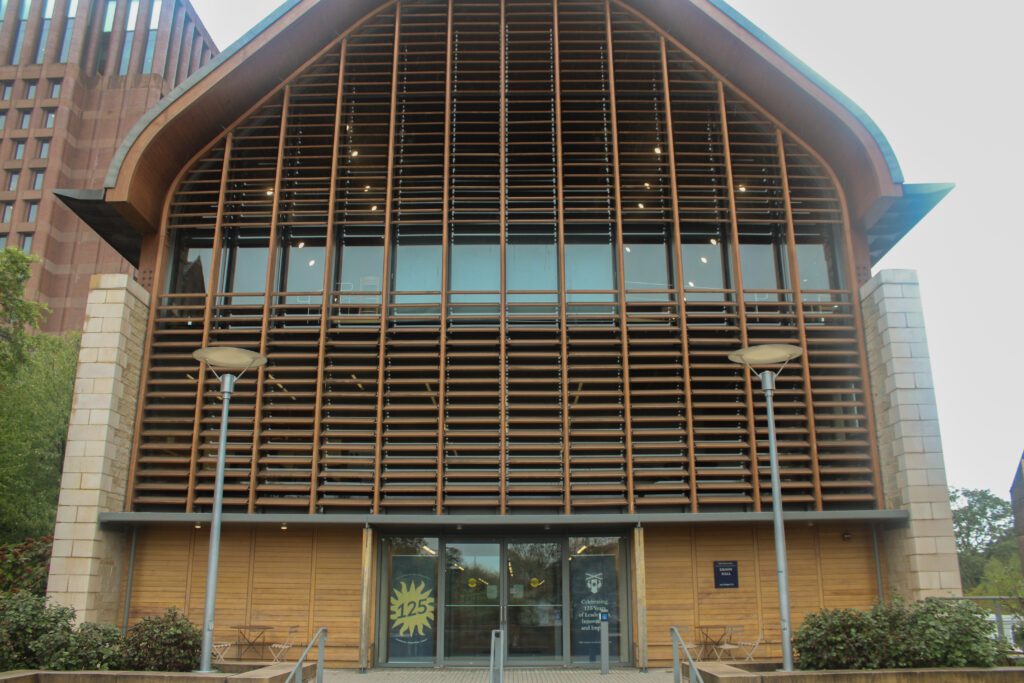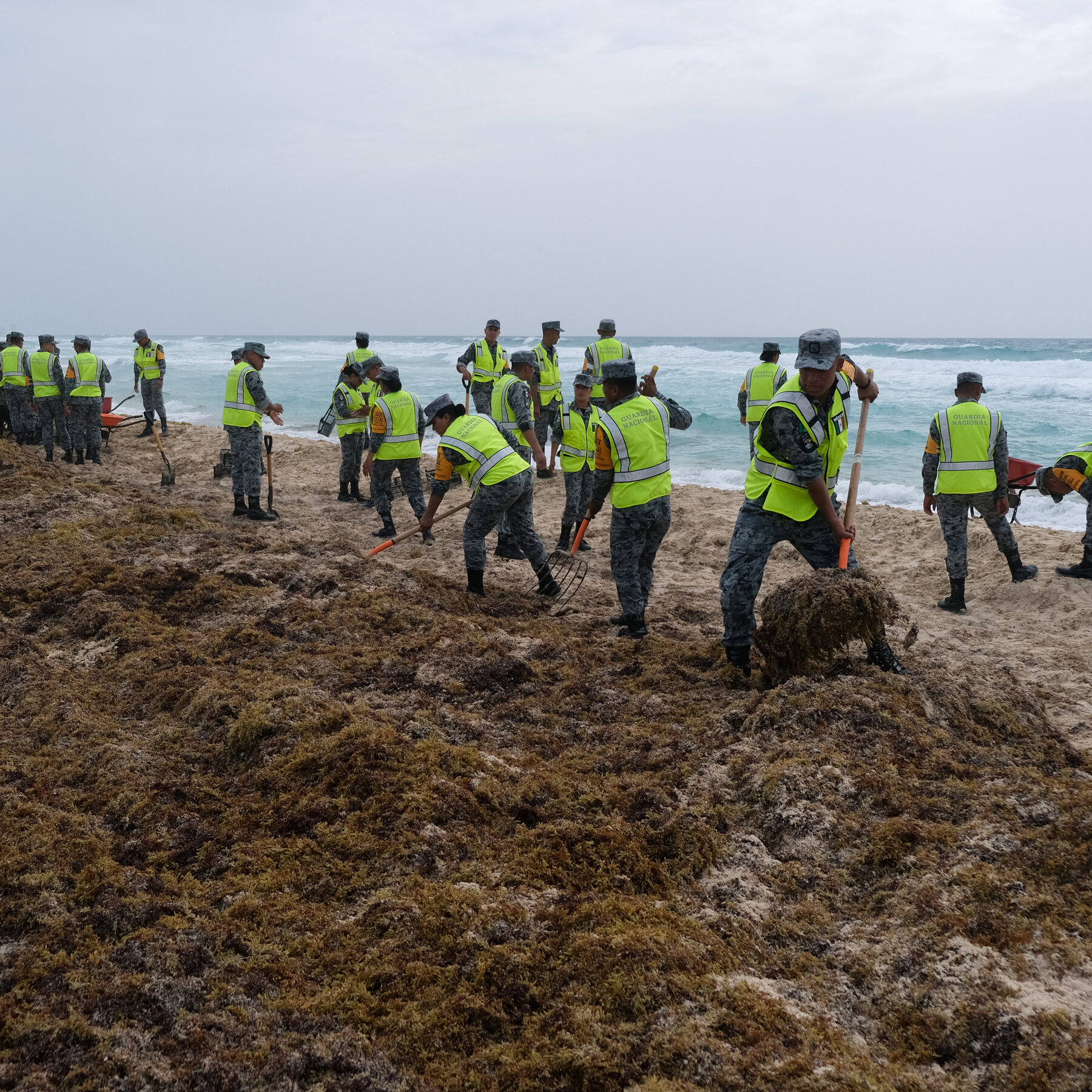The Yale School of the Environment is set to launch two new one-year graduate programs aimed at professionals in environmental fields. Starting in August 2024, the Executive Master of Environmental Management (EMEM) and the Executive Master of Forestry (EMF) will welcome students with at least a decade of experience in their respective areas.
According to Dean Indy Burke, the new programs are designed to provide an immersive educational experience tailored specifically for senior leaders and mid-career professionals. “Our traditional two-year degree programs offer an unparalleled educational experience for early-career professionals,” Burke stated. “The executive master’s degree programs will provide the same high-touch immersive experience but in a highly personalized format.”
This initiative is a revival of the School’s earlier one-year programs, which were phased out in favor of the current two-year structure. Mark Ashton, the director of Yale Forests and senior associate dean for The Forest School, emphasized that the EMEM and EMF programs are designed to cater to experienced professionals who may find it challenging to step away from their careers for extended periods.
Agústin Carbó, an alumnus of the previous mid-career residential program, noted the significant impact of his experience at Yale. After completing his studies in 2012, Carbó went on to serve as the inaugural chairman of the Puerto Rico Energy Bureau in 2022. “This was an amazing experience,” Carbó remarked in an email, recalling the enriching atmosphere and the comprehensive perspective he gained on environmental issues. His role as executive director of the Puerto Rico Solid Waste Authority allowed him to integrate various environmental concerns, showcasing the practical benefits of his education.
Applicants to the EMF program must possess a degree in forestry, natural resources, or related fields, alongside a minimum of ten years’ relevant work experience. This requirement ensures that participants are well-prepared to engage with advanced topics in environmental management and forestry.
The fully residential nature of the programs will enable students to immerse themselves in the Yale community for an entire year. Kenneth Gillingham, the senior associate dean of academic affairs, expressed optimism about the diversity and intellectual contributions that experienced environmental leaders will bring to the school. “There has long been an interest in bringing in a small number of mid-career environmental leaders,” Gillingham noted. Their insights will enhance the learning experience for current master’s students, providing valuable perspectives on career opportunities.
Founded in 1900 as the Yale Forest School, the Yale School of the Environment continues to evolve, adapting its offerings to meet the needs of today’s environmental professionals. With the introduction of these new one-year programs, the school aims to equip seasoned leaders with the skills necessary to address the pressing challenges facing the environment today.







